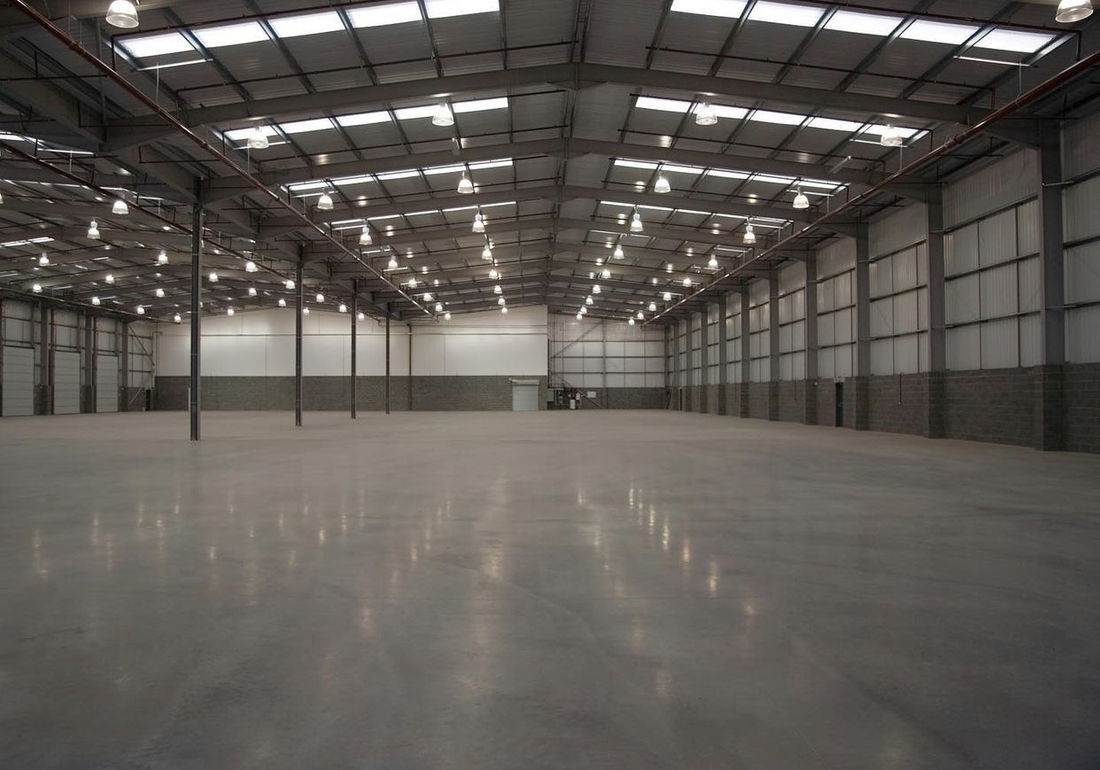In the evolving world of construction, high-performance concrete (HPC) has emerged as a frontrunner, especially in industrial settings. This advanced concrete technology offers exceptional qualities such as increased durability, high strength, and improved life cycle economics, making it an ideal choice for industrial projects in challenging environments. Here, we explore the benefits of using high-performance concrete in industrial construction projects, focusing on its practical advantages in terms of durability, strength, and cost-effectiveness.
Enhanced Durability and Longevity
One of the most significant advantages of high-performance concrete is its enhanced durability. HPC is specifically formulated to withstand harsh industrial conditions, including exposure to chemicals, extreme temperatures, and mechanical stress. This resilience is achieved through the use of high-quality materials and admixtures, such as silica fume, fly ash, and slag cement, which enhance the impermeability and corrosion resistance of the concrete.
The durability of HPC directly translates into longer life spans for structures. Industrial facilities such as manufacturing plants, warehouses, and heavy machinery foundations benefit greatly from concrete that resists wear and tear over time, reducing the need for frequent repairs and maintenance. This longevity not only saves money in the long term but also ensures continuous operation without downtime for repairs.
Superior Strength and Load-Bearing Capacity
High-performance concrete is known for its exceptional strength, which often exceeds that of standard concrete mixes. The enhanced strength properties of HPC allow for the design of thinner, more lightweight structures that still provide the necessary structural integrity and load-bearing capabilities required in industrial environments. This can be particularly advantageous in the construction of high-rise industrial buildings, large-span bridges, and heavy-duty pavements.
By reducing the material volume and simplifying the structural framework, HPC can lead to significant savings in material costs and labor. Additionally, the increased load-bearing capacity makes HPC an excellent choice for facilities that must support heavy equipment and endure high traffic, ensuring stability and safety in demanding industrial applications.
Cost-Effectiveness and Environmental Impact
Despite its superior characteristics, high-performance concrete can be cost-effective for industrial projects. The initial cost of HPC may be higher than traditional concrete, but the total cost of ownership decreases due to its longevity and reduced maintenance requirements. Moreover, the ability of HPC to maintain its structural integrity under adverse conditions prevents costly damages and prolongs the lifespan of the infrastructure, yielding a higher return on investment.
Furthermore, HPC contributes positively to the environmental aspect of industrial construction. The inclusion of by-products like fly ash and slag in the concrete mix not only improves the performance characteristics of the concrete but also helps in recycling industrial waste, reducing the environmental footprint of the construction project. Additionally, the longevity of HPC reduces the need for new materials and energy for repairs and replacements, further enhancing its sustainability profile.
Conclusion
High-performance concrete stands out as a superior material choice for industrial projects, offering unmatched durability, strength, and cost-effectiveness. Its ability to withstand industrial stresses while maintaining structural integrity and reducing environmental impact makes it a wise investment for any serious industrial project manager looking to future-proof their infrastructure. As the construction industry continues to evolve, the role of high-performance concrete in industrial applications is set to grow, driven by its compelling benefits and adaptability to modern construction needs.

